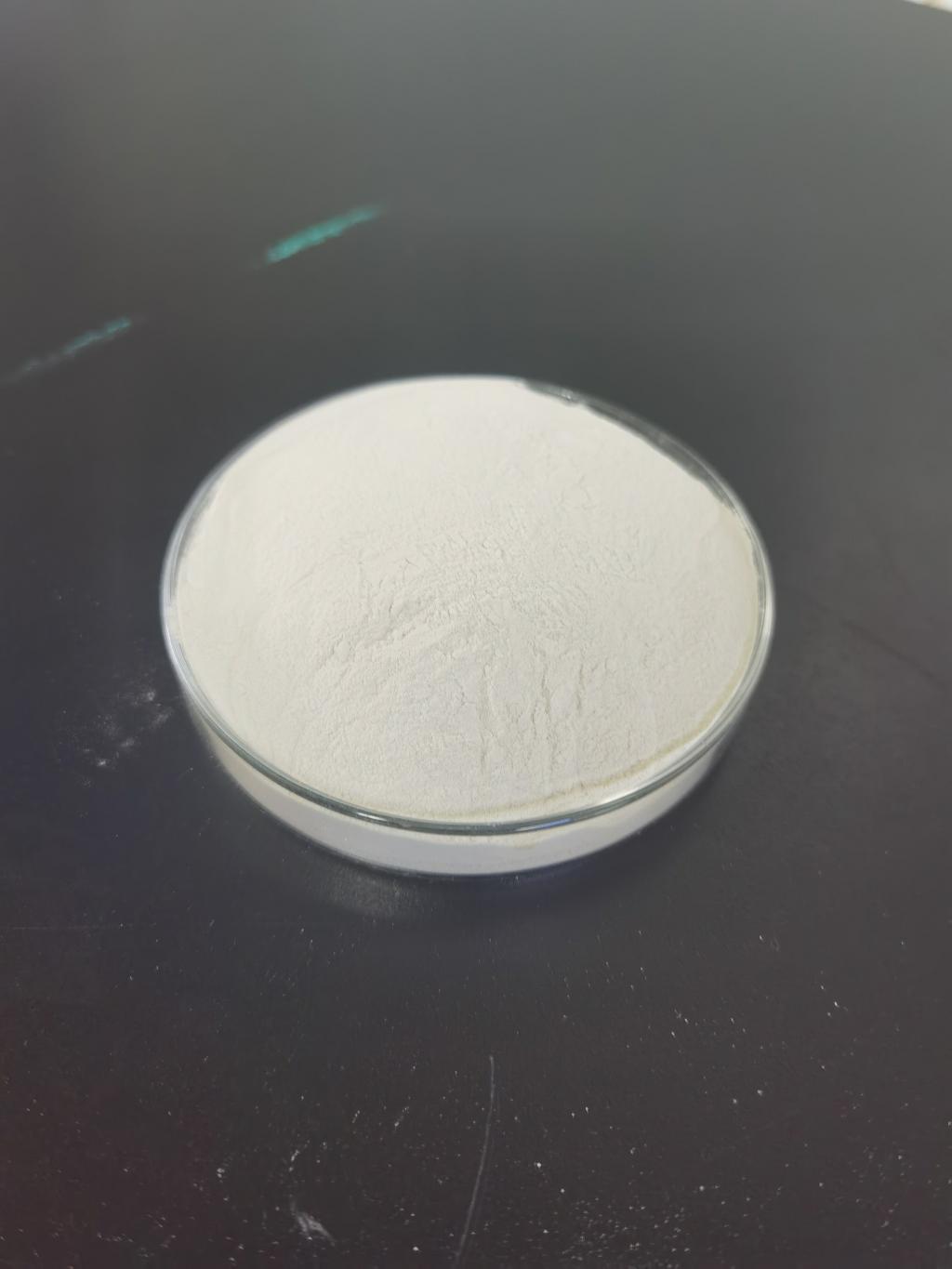Tel:+8618231198596

News
 CONTACT
CONTACT
 CONTACT
CONTACT
- Linkman:Linda Yao
- Tel: +8618231198596
- Email:linda.yao@dcpharma.cn
- Linkman:CHARLES.WANG
- Department:Overseas
- Tel: 0086 0311-85537378 0086 0311-85539701
News
Current Position:
Home >
News
>Nisin's presence in food products signifies a commitment in food production.
Nisin's presence in food products signifies a commitment in food production.
TIME:2024-04-11
Nisin: A Natural Guardian of Food Quality
Derived from the bacterium Lactococcus lactis, nisin has long been recognized for its potent antimicrobial properties. Its mechanism of action involves disrupting bacterial cell membranes, thereby inhibiting the growth of a wide range of bacteria, including spoilage organisms and foodborne pathogens. This natural defense mechanism makes nisin an invaluable tool in preserving food quality and safety.
By incorporating nisin into food products, manufacturers can effectively control microbial growth, thereby reducing the risk of spoilage and foodborne illnesses. This not only ensures that consumers receive safe and wholesome products but also helps maintain the sensory attributes and nutritional integrity of the food.
Moreover, nisin's natural origin aligns with consumer preferences for clean label ingredients and minimal processing. Unlike synthetic preservatives, which may raise concerns about chemical additives, nisin offers a natural solution that resonates with consumers seeking transparency and authenticity in their food choices.
Extending Shelf Life and Reducing Waste
One of the key benefits of nisin is its ability to extend the shelf life of perishable food products. By inhibiting microbial growth, nisin helps delay spoilage and deterioration, thereby prolonging the freshness and quality of food items. This not only enhances consumer satisfaction but also reduces food waste throughout the supply chain.
Food waste is a significant challenge facing the food industry and society at large. According to the Food and Agriculture Organization of the United Nations (FAO), approximately one-third of all food produced for human consumption is lost or wasted each year. This not only represents a squandering of resources but also contributes to environmental degradation and greenhouse gas emissions.
By incorporating nisin into food products, manufacturers can help mitigate food waste by extending the shelf life of perishable items. This has significant implications for sustainability, as it reduces the volume of food discarded at various stages of production, distribution, and consumption.
Furthermore, by reducing food waste, nisin contributes to more efficient resource utilization and conservation. This aligns with broader sustainability goals aimed at promoting responsible consumption and production patterns, as outlined in the United Nations Sustainable Development Goals (SDGs).
Promoting Sustainable Practices in Food Production
The incorporation of nisin into food products reflects a broader commitment to sustainability in food production. By prioritizing natural alternatives like nisin over synthetic preservatives, manufacturers demonstrate a willingness to embrace environmentally friendly practices that minimize harm to ecosystems and human health.
Moreover, nisin's role in extending shelf life and reducing food waste contributes to more sustainable supply chains. By optimizing resource utilization and minimizing waste generation, food producers can operate more efficiently and reduce their environmental footprint.
Additionally, the adoption of nisin-based preservation techniques may facilitate the transition towards more sustainable farming practices. By reducing the reliance on synthetic pesticides and chemical preservatives, farmers can minimize the use of inputs that contribute to soil degradation, water pollution, and biodiversity loss.
Challenges and Considerations
While the benefits of nisin in food production are clear, several challenges and considerations must be addressed to maximize its potential impact on quality and sustainability. These include:
Regulatory considerations: Clear guidelines and standards for the use of nisin as a food additive are essential to ensure safety and compliance with regulatory requirements. Continued dialogue and collaboration between industry stakeholders, regulatory agencies, and research institutions are needed to address any regulatory hurdles and promote the responsible use of nisin in food production.
Consumer acceptance: Educating consumers about the benefits of nisin and other natural preservatives is crucial to fostering acceptance and trust in these ingredients. Transparency and communication efforts can help dispel misconceptions and build confidence in the safety and efficacy of nisin-based products.
Technological innovation: Continued research and development efforts are needed to optimize the formulation and application of nisin in food products. This includes exploring novel delivery systems and processing techniques that maximize the effectiveness of nisin while minimizing any potential sensory or quality impacts.
Future Outlook
As the food industry continues to evolve, the role of nisin in promoting quality and sustainability will become increasingly important. By harnessing the power of nature's own defenses, food producers can meet the dual objectives of ensuring food safety and minimizing environmental impact.
Moreover, as consumer preferences shift towards healthier, more sustainable food choices, the demand for natural preservatives like nisin is expected to grow. This presents an opportunity for food manufacturers to differentiate their products in the marketplace and cater to the evolving needs and preferences of consumers.
In conclusion, nisin's presence in food products signifies a commitment to both quality and sustainability in food production. By harnessing the natural antimicrobial properties of nisin, food producers can enhance food safety, extend shelf life, and reduce waste, thereby contributing to a more sustainable and resilient food system. As we continue to navigate the challenges of feeding a growing global population while preserving the planet's finite resources, nisin offers a promising solution that embodies the principles of quality, safety, and sustainability.
- Tel:+8618231198596
- Whatsapp:18231198596
- Chat With Skype







